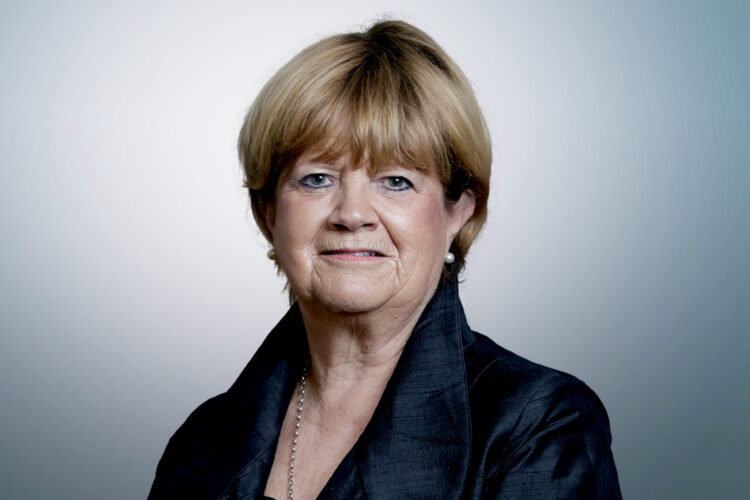By Ben Kerrigan-
The UK Covid-19 Inquiry, which is meticulously examining the government’s response to the pandemic, has pledged that the families who tragically lost loved ones during the crisis will not be ignored in this crucial process.
The announcement comes as the inquiry enters its second stage which will scrutinize key decision-making in Westminster between January 2020 and February 2022, when the final Covid restrictions in England were lifted.
Baroness Heather Hallett (pictured)a former Court of Appeal judge leading the inquiry, assured the public that the voices of these bereaved families would play a significant role in scrutinizing the governance and key decision-making that occurred at the highest levels during the pandemic’s peak.
Baroness Hallett, who previously led the inquests into the July 7 London bombings, emphasized the importance of the inquiry’s second module, which is dedicated to understanding the governance and pivotal decision-making processes during the most challenging period of the pandemic.
She stated, “Some of those who suffered, and who continue to suffer, maintained a dignified presence outside the hearing centre this morning to remind us of why we are all here.
Their evidence will enable us to put the decision-making into context and to help us establish the extent to which decision-makers took into account the interests of such groups.”
While the inquiry is set to hear from a wide array of experts, advisers, scientists, politicians, and civil servants, it is also committed to including representatives of bereaved families.
Beyond this, experts will provide insights into the pandemic’s impact on specific groups, including those related to ethnicity, later life, children, young people, frontline and key workers, sex and gender, disabled people, LGBT+, and long Covid.
Baroness Hallett acknowledged the calls for more bereaved individuals to be brought in as witnesses but noted the urgency of reaching conclusions and making recommendations to reduce suffering in future pandemics.
She stated, “The need for me to reach conclusions and make recommendations to reduce suffering in the future when the next pandemic hits the UK is pressing. The inquiry is not ignoring the bereaved or any other group who suffered – far from it.”
The speed with which the government acted during the early months of 2020, a period of “central importance” to the inquiry, will be a focal point of scrutiny.“
The focus of Module 2 will be on governance and key decision-making at a high level in the United Kingdom during the time when the pandemic was at its worst, and when it caused so much suffering,” said Hallett, who is a judge at Britain’s Court of Appeal in London.
Some have argued that more rapid government responses at the onset might have prevented the need for later “far-reaching, extraordinary decisions.”




